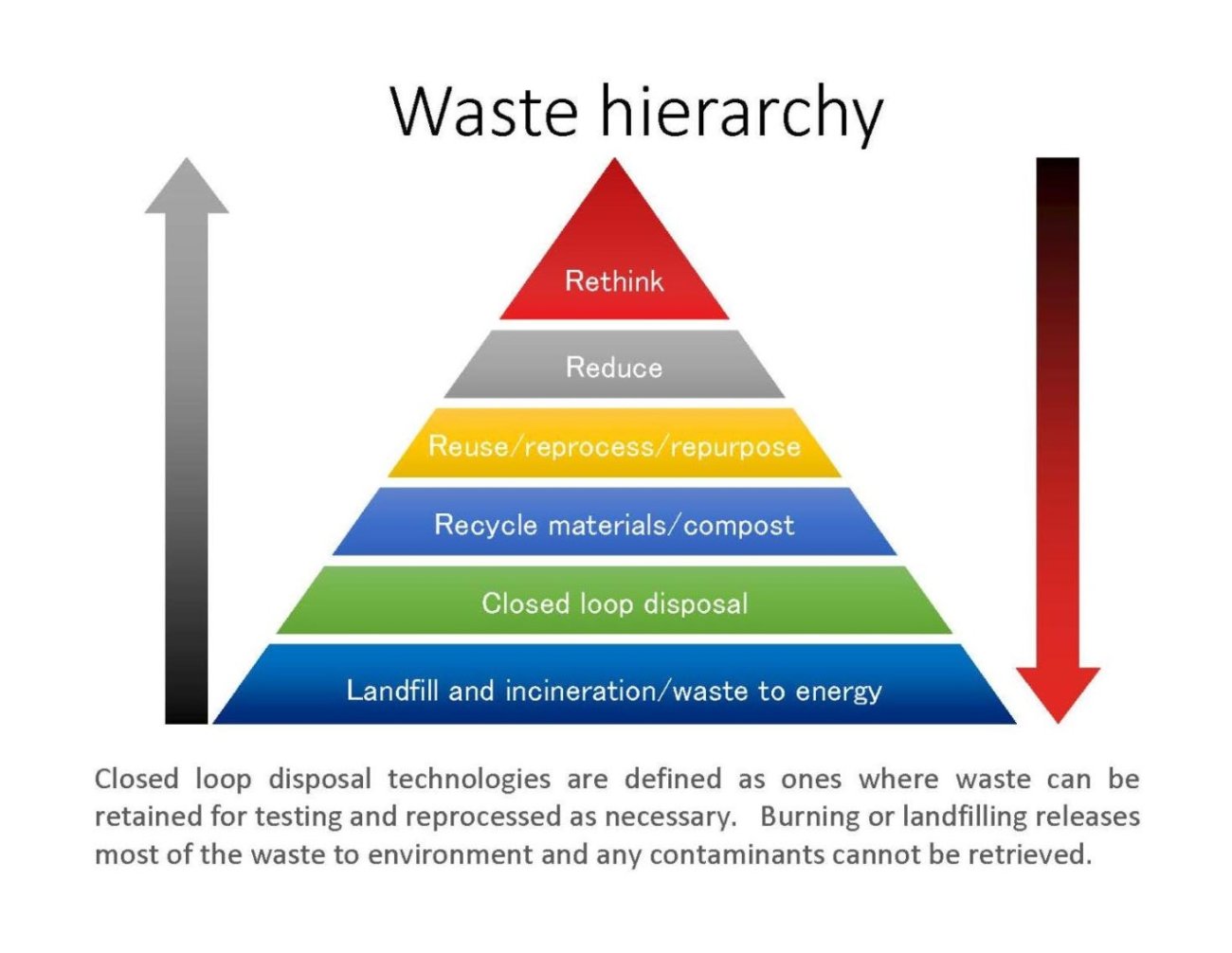Medical textiles, including Personal Protective Equipment (PPE) like gowns, aprons, and face masks, along with sterilization materials such as "blue wrap," significantly contribute to plastic waste in healthcare. These items can constitute up to 10% of a hospital's plastic waste and are mostly composed of non-woven polypropylene, a material challenging to recycle. By adopting reusable alternatives for medical textiles, hospitals worldwide can achieve substantial environmental benefits. Transitioning to reusable gowns, aprons, and drapes reduces single-use plastic production and minimizes waste, and environmental pollution from production, use, and disposal.
Health Care Without Harm partnered with the Norwegian Retailers' Environment Fund (NREF) in a two-year project (2024 - 2026) focused on sustainable textile production and consumption in Latin America, Southeast Asia, and Europe. This initiative aims to combat the plastic pandemic and promote sustainable production practices, transforming the sector’s dependency and overreliance on plastic and toxic materials.
We will guide and support health care providers across different geographies in adopting the waste hierarchy (rethink/redesign, reduce, reuse, recycle) and specifically target medical textiles. These rank among the top six plastic items used in health care and can account for up to 10% of total hospital plastic waste. 1
Stages of the project
1 Based on waste audit and procurement data and desk reviews conducted during the Towards plastic-free healthcare project. HCWH Europe (2021) ‘Measuring and reducing plastics in European healthcare’
*This project is funded by the NREF.
